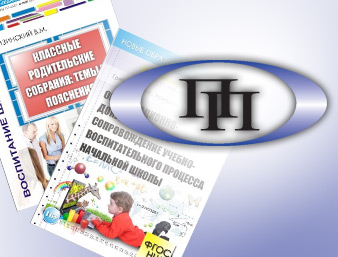
Воспитание физикой
Договоримся о базовых принципах. Воспитывают и обучают уроки «деятельностные», а не «слушательные». Неуклонная борьба за изживание «слушательных» уроков – задача первоочередная «на все времена». Поистине ужасен урок, на котором интересно, захватывает дух, ученики слушают, что называется, затаив дыхание – и ничего не делают. В этом случае никакого научения не происходит. То есть учитель – из числа поклонников подобных «фейерверков» – конечно, полагает, что происходит. Но, разумеется, ошибается. Можно быть совершенно уверенным, на следующем уроке учащиеся не знают ровном счетом ничего – до такой степени, что можно все начинать сначала. От силы они вспомнят, что «это уже было». Да и второй раз ничего не изменит, снова ничего, кроме вот этого смутного ощущения: вроде, было. Ученик должен что-то делать сам. Мы вознамерились остановиться лишь на «воспитательном», а посему долго рассуждать о том, что только в этом случае он что-то усвоит, то есть состоится «образовательное», мы сейчас не будем. Но и с «воспитательным», в общем, все давно известно. Ученик должен непрерывно учить себя – единственное условие успешности любой «образовательной стратегии». А для этого, разумеется, требуется воля – как основной инструмент. То, без чего никакое самообразование невозможно априори. А для выработки волевых навыков, в свою очередь, требуются непрерывные упорные упражнения (как и для выработки какого бы то ни было навыка). То есть деятельность. Известная всем коллегам еще с института сентенция, что «обучение должно быть трудным, но посильным» – ровно об этом.
Physics as a means of social education
Let us agree upon the basic principles. It is the “activity-based” rather than “lecturing” lessons that really teach and produce a character education effect. The unswerving struggle for the elimination of “lecturing” lessons is a permanent top priority task. Indeed, the lesson does not achieve its goal if the students are listening to the teacher with bated breath, stay interested and mesmerized, but they themselves are doing nothing. In this case, there is no learning unless the teacher is an active proponent of such pedagogical fireworks. But such teacher is obviously wrong. One can be absolutely sure that by the next lesson his students will remember absolutely nothing, so the teacher may as well start all over again. At most they will remember to have already come across this. The second time will not change anything either except for that vague feeling that something of the kind has already been taught. During the lesson students should work actively.
I intentionally limit my discussion to the issues of social education while teaching physics, and I am not going to argue about the learning outcomes of the subject. As far as the social education part is concerned, practically everything is clear. A student must at all times continue educating him/herself – that is the only way of success in any educational strategy. To realize this goal, a student needs a strong willpoweras the key instrument without which such continuing self-education is impossible; in its turn the development of a willpower (just like any skill development) requires continuous and diligent practice or activity. This is a maxim familiar to all university graduates – education must be hard, but feasible.




